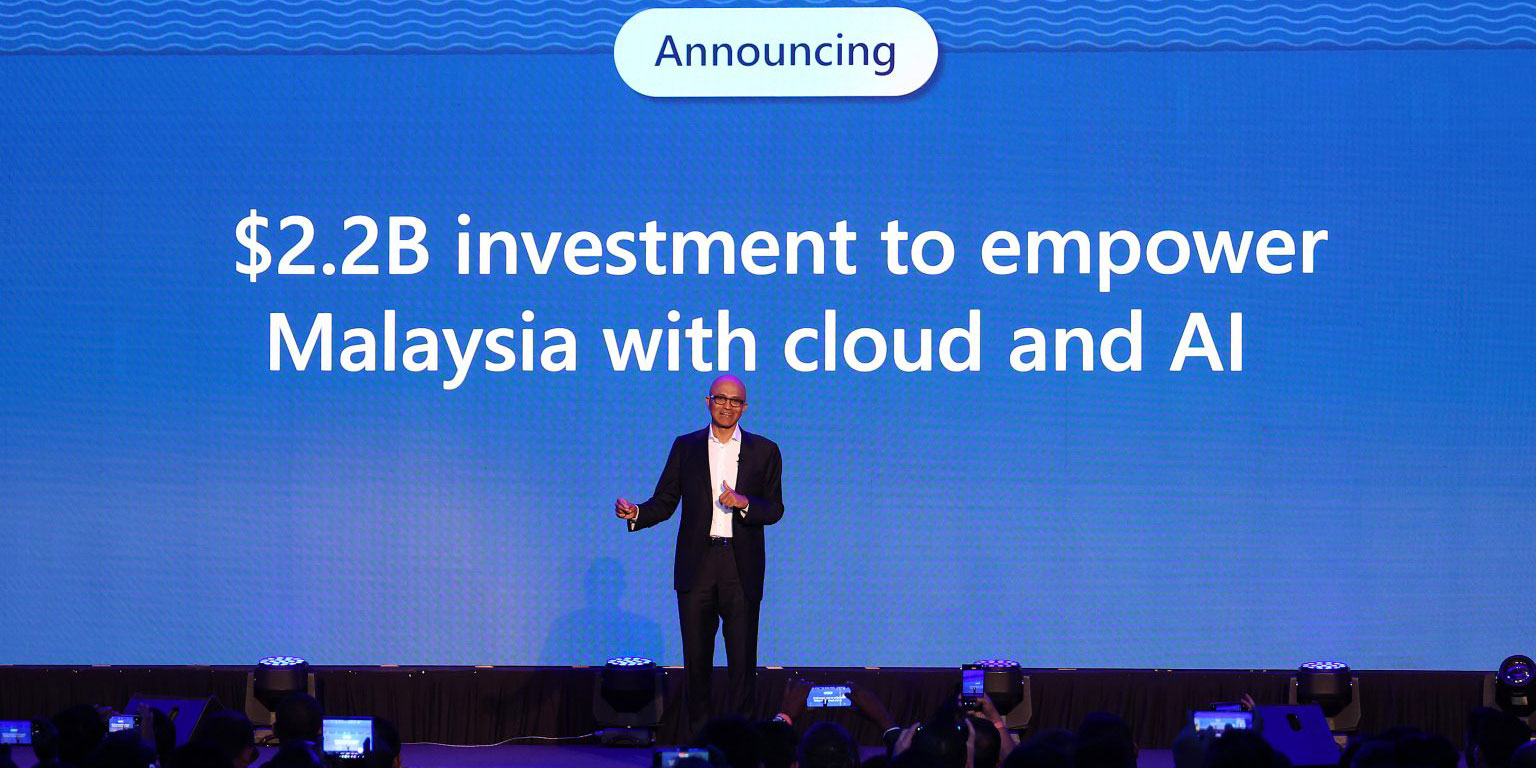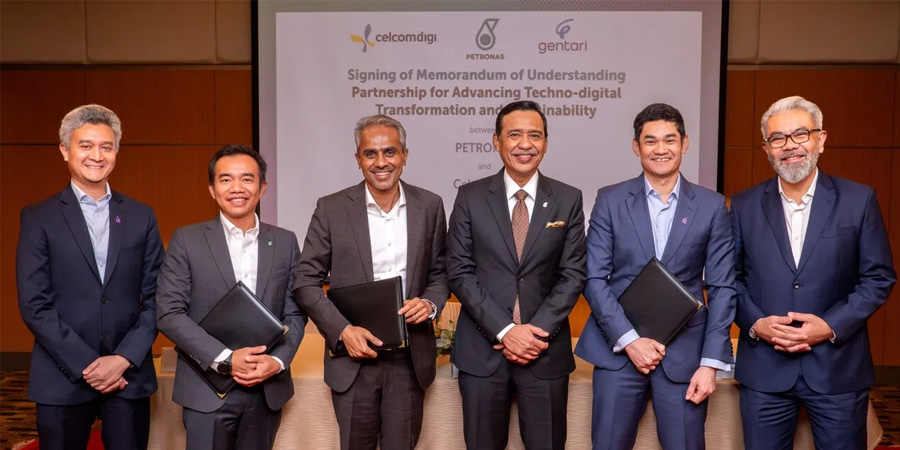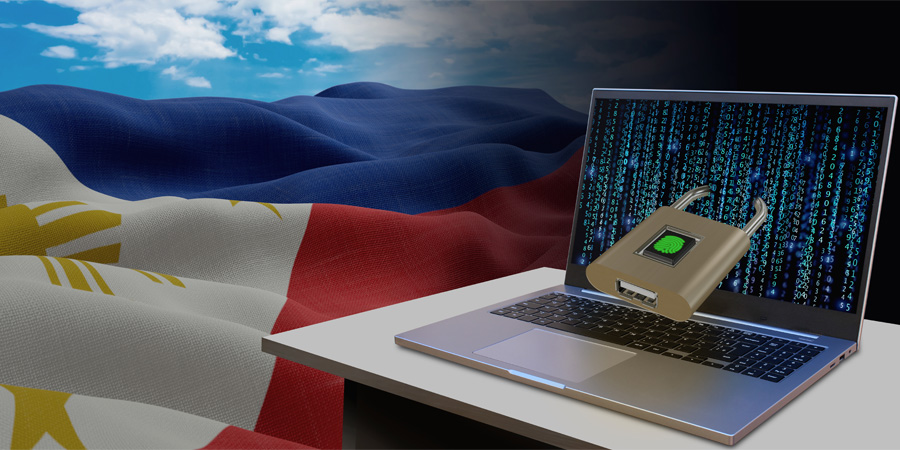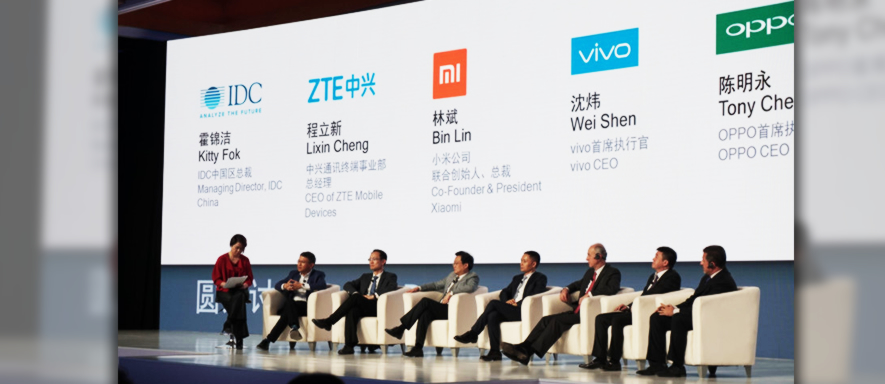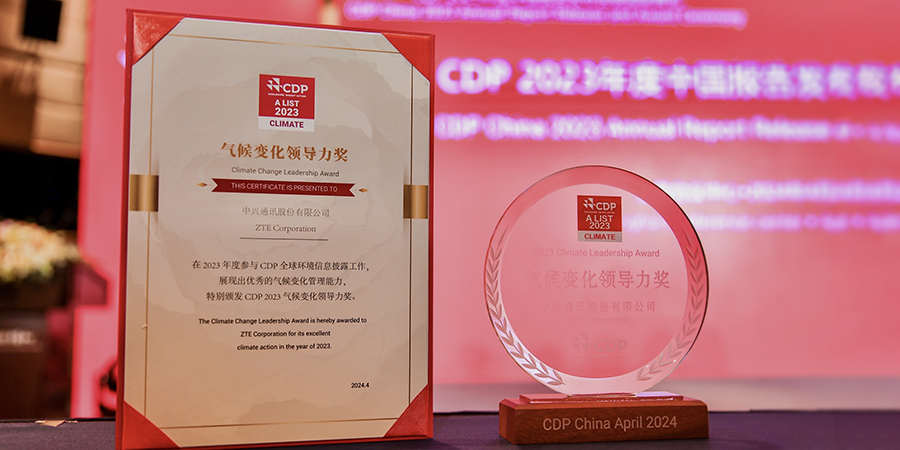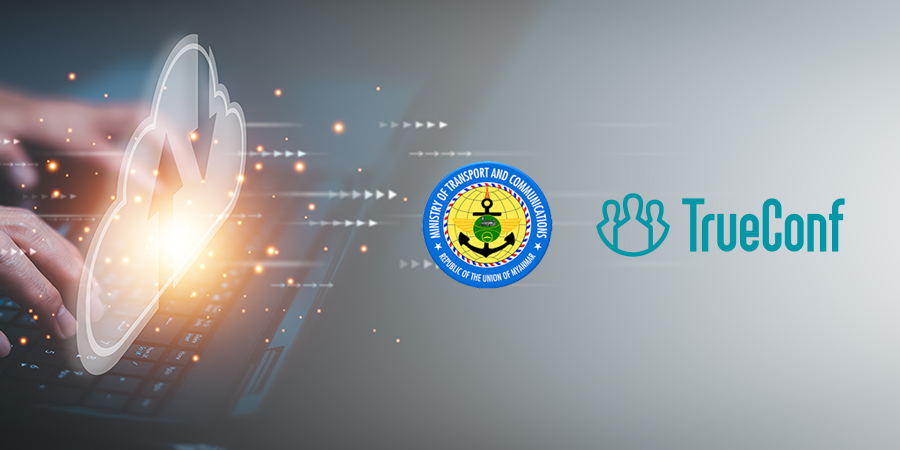Qualcomm has signed MoUs with four Chinese mobile vendors - a deal worth around $2 billion over three years – who have expressed interest in Qualcomm’s RF Front End (RFFE) components, designed to enable original equipment manufacturers (OEMs) to rapidly build mobile devices at scale for easy global expansion.
Qualcomm signed Memorandum of Understandings (MoUs) with Lenovo, OPPO, Vivo, and Xiaomi. The scope of Qualcomm’s broad RF front-end platform include GaAs Power Amplifiers (PA), Envelope Trackers, Multi-Mode PA and modules, RF switches, discrete filters and filter-rich modules, and antenna tuners across cellular and connectivity technologies.
In addition to the MoUs, Qualcomm shared information surrounding its upcoming 5G Tunable RF front-end as part of its 5G roadmap. The break-through 5G Tunable RF front-end is designed to enable OEMs to differentiate their 5G products with thinner design, higher performing system-level expertise and 5G product readiness.
“Qualcomm Technologies has long supported the Chinese mobile ecosystem and today’s MoU signings with Lenovo, OPPO, vivo and Xiaomi further demonstrate our commitment to that ecosystem, as well as our strategy to continue to grow our RF front-end business,” said Cristiano Amon, president, Qualcomm Incorporated.
“Our robust RF front-end solutions help these OEMs to not only build power-efficient devices at scale in a cost-effective way, but also to deliver advanced mobile devices to consumers not just in China, but around the world,” Mr. Amon added.
RF front-end technology is critical to the experiences users expect on their mobile phones. Qualcomm’s comprehensive RF front-end portfolio delivers mobile solutions that support the current mobile ecosystem, as well as address the rapidly expanding complexity and challenges of 4G LTE Advanced and 5G networks.
Specifically, Qualcomm’s modem-to-antenna RF front-end portfolio is designed to help Chinese OEMs to move away from RF front-end technology based on a component approach to one focused on a system-level modem-to-antenna approach which is required for 5G RFFE solutions.
Now, with Qualcomm’s system-level modem to antenna solutions, Chinese OEMs can design mobile devices with wider frequency range, greater capacity, enhanced coverage and cutting-edge power efficiency to address 4G LTE Advanced technology demands, as well as upcoming 5G networks.
“At Xiaomi, we pride ourselves on bringing the most innovative products we can to our growing customer base,” said KS Yan, MiPhone vice president, vice chairman of MiPhone quality committee, Xiaomi.
By utilizing Qualcomm’s modem to antenna platform solutions to RF front-end design, he said Xiaomi can “take full advantage of performance enhancement features enabled by tight modem-RFFE interaction, bringing more advanced devices to market faster in order to better address global consumer demand for innovative, beautiful and affordable smartphones.”
This announcement was issued as part of Qualcomm’s China Technology Day, in which Qualcomm discussed the global future of mobile technology and how the expanded adoption of RFFE technologies will play an integral role in the rapid evolution to 5G.


















